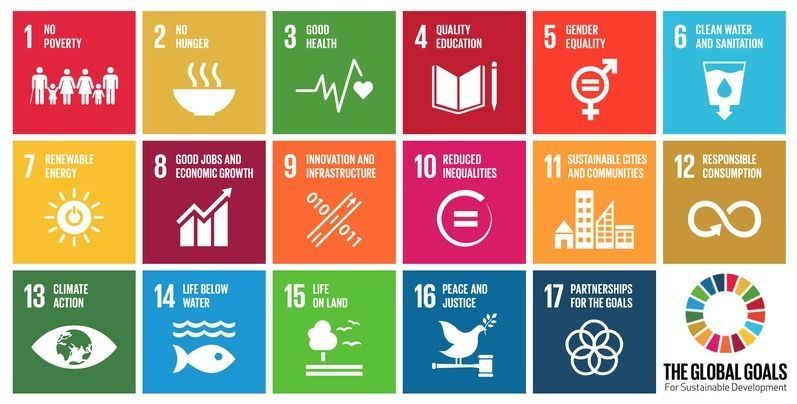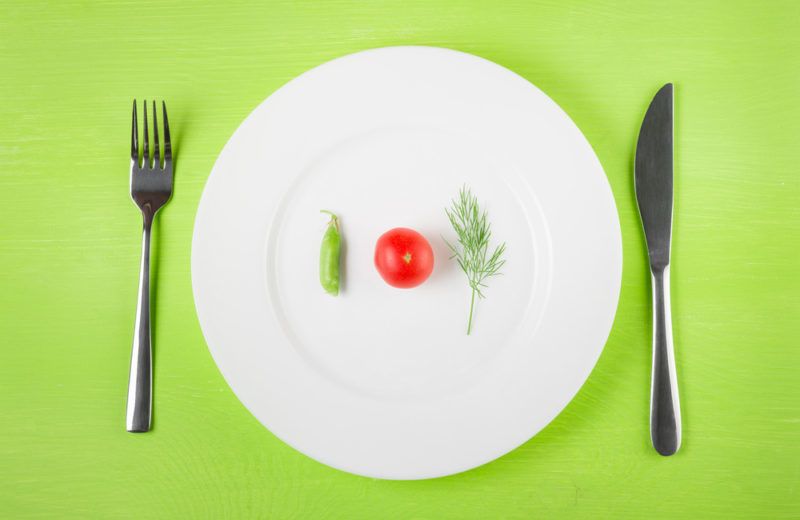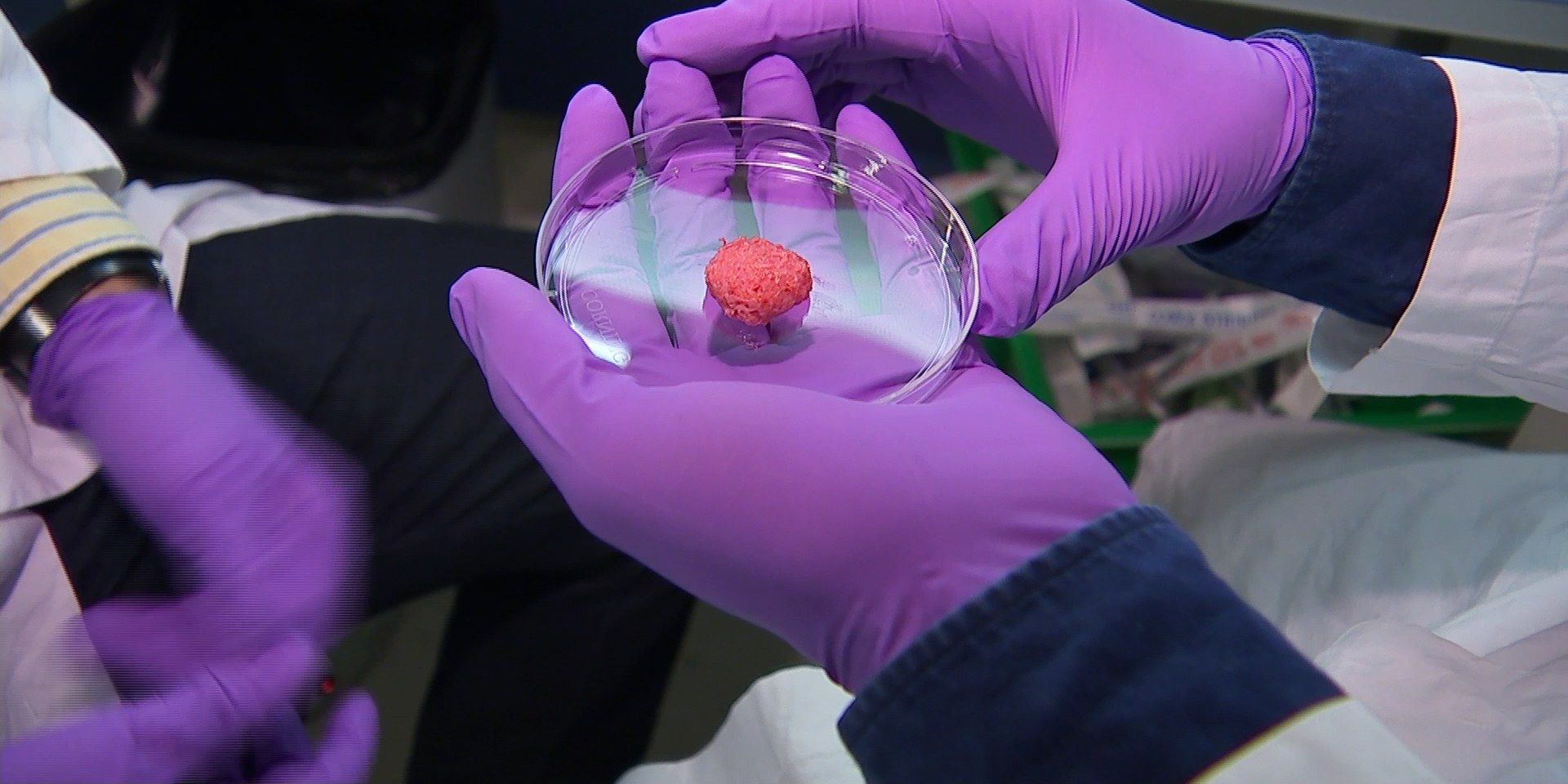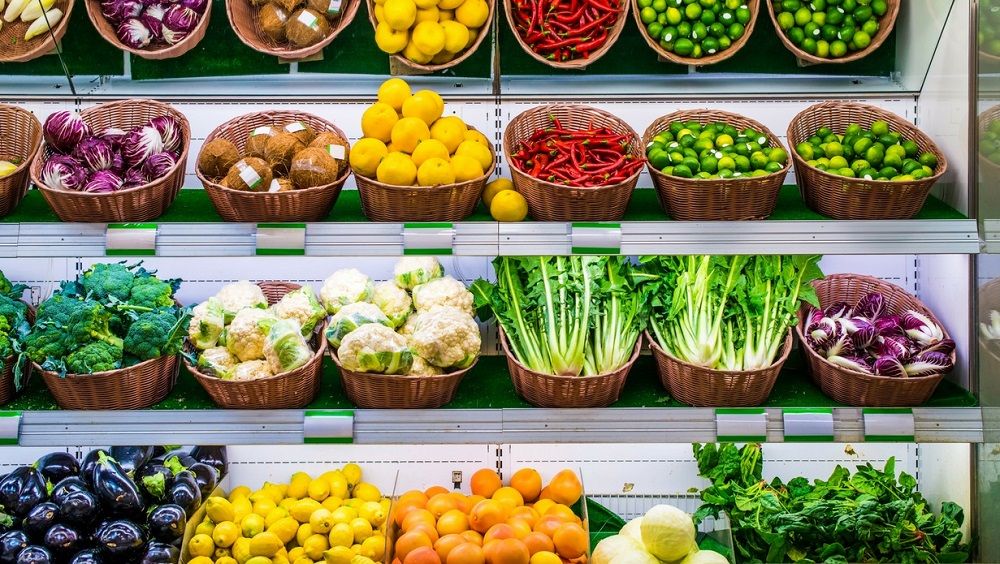Biofortification uses conventional plant breeding techniques to enhance the micro-nutrient concentration of staple crops.


Biofortification uses conventional plant breeding techniques to enhance the micro-nutrient concentration of staple crops.

It has proposed spending a total of US$12.7 million on technical upgrades to the vault to better protect the more than 930,000 seed varieties inside. It has completed a feasibility study and plans to move ahead with the construction of a new concrete access tunnel and a new service building for the emergency power, refrigeration units and electrical equipment.
Global food security is serious business, and when you have water seeping into a doomsday facility built to shore up food supplies for the future, well, that’s hardly ideal. But such breaches should be a thing of the past, with Norwegian authorities overseeing the Svalbard Global Seed Vault planning a multi-million dollar overhaul of the structure.

Caloric restriction has long been known to increase the lifespan and healthspan of most studied animals. Research also shows that animals given a calorie-restricted diet are also generally more able to regenerate tissue damage following injury.
Caloric restriction improves tissue regeneration
A new study by the Lengner lab at the University of Pennsylvania has identified the actual cells responsible for this increased regenerative capacity in intestinal tissue[1]. The researchers found that when a mouse given a calorie-restricted diet is exposed to radiation, a specialized type of stem cell known as a reserve stem cell is able to survive and rapidly repair intestinal tissues.

That in-home DNA test won’t tell you much about how to eat or exercise. Fortunately, you don’t need it to.

Scientists have been culturing meat in labs for years, but Just and other startups like Finless Foods, which is growing fish meat, have been feverishly pursuing this so-called “clean meat” of late. Just is chasing a cultured chorizo and a cultured nugget in addition to the foie gras. And Tetrick claims his startup has finally made the process cost-effective enough to take to market: At the end of this year, he says, Just will officially introduce an as yet undisclosed lab-grown meat, the first time the stuff will hit shelves.
The challenges of engineering meat in the lab is one thing, but convincing consumers to turn away from the storied kill-it-and-grill-it method of eating is another. And while it’s easy to imagine how lab-grown meat would be better for the planet, there’s actually little data to back that up.
Whether or not Just makes it to market this year, and whether or not their meat tastes and smells and feels like meat, the era of clean meat is approaching. (Just declined to let us taste their food, saying it wasn’t ready for public consumption.) Soon enough, burgers will grow not just in fields, but in vats. Farther down the line, your T-bones may not come from a cow, at least not in the traditional sense. If the sound of that bothers you, know that you’re not alone.

Summary: Practical tips on how to consume 10 servings of fruits and vegetables daily to lose weight and improve health. [This article first appeared on the LongevityFacts website. Author: Brady Hartman.]
Fruits and vegetables are rich in phytonutrients and are an integral part of the healthiest diet plans. Here are practical tips on how to incorporate more plant foods into your meals.
Due to a poor diet, about half of all American adults have one or more preventable chronic diseases, including type 2 diabetes, overweight, obesity or cardiovascular disease. A large body of evidence, including newly published research on the health benefits of fruit and vegetables, shows that increased consumption of whole plant foods is linked to reduced risk of death and chronic diseases.

Take Home Message
Help Us Spread The Word.
Please help us spread the word on the benefits of heart healthy chocolate by sharing this article to your social media page. It takes just a simple click on any social media link on this page.


Howdy folks.
I hope you’ll find today’s post as interesting as I do. It’s a bit of brain candy and outlines an exciting vision for the future of digital identities.
Over the last 12 months we’ve invested in incubating a set of ideas for using Blockchain (and other distributed ledger technologies) to create new types of digital identities, identities designed from the ground up to enhance personal privacy, security and control. We’re pretty excited by what we’ve learned and by the new partnerships we’ve formed in the process. Today we’re taking the opportunity to share our thinking and direction with you. This blog is part of a series and follows on Peggy Johnson’s blog post announcing that Microsoft has joined the ID2020 initiative. If you haven’t already Peggy’s post, I would recommend reading it first.

Summary: A research team at UCSD discovered a key enzyme that plays a role in burning calories during both obesity and dieting and sabotages weight loss. Moreover, these scientists may have just found an existing drug that counteracts this enzyme. [This article first appeared on the website LongevityFacts.com. Author: Brady Hartman. ]
Ever wonder why dieting often leads to a plateau in weight loss? It happens because the body is trying to maintain a steady weight by regulating the expenditure of energy. How this happens has remained a mystery until now.
In a paper published on February 8 in the journal Cell, a team of researchers at the University of California San Diego (UCSD) School of Medicine led by Alan Saltiel, Ph.D. has identified a key enzyme that sabotages weight loss efforts during dieting. Dr. Saltiel is the director of UCSD’s Institute for Diabetes and Metabolic Health, and says.